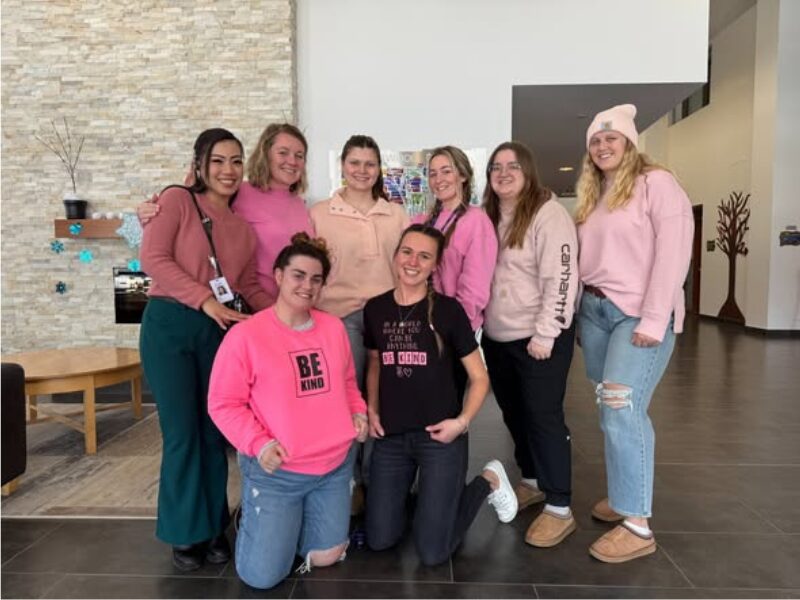Disclosing Personal Information to Employers – When and How

In our last blog, we talked about what personal information you might consider disclosing to a current or prospective employer. Once you are clear on Why you want to disclose a piece of information, you can make a plan for When and How to share that information. Let’s explore that today!
Disclaimer: This article is a general intro on disclosing personal info, but your circumstances will be unique. We recommend seeking personalized services/advice regarding whether to disclose your particular information.
How can personal information be disclosed?
Directly – In some cases, you can state the identity or experience directly. Especially if the disclosure has to do with something visible, a confident and brief statement of fact will often do! If you’re asking about wheelchair-accessibility for an interview, over email you might say “I am a wheelchair user. Can you confirm for me whether the building is accessible?”
Indirectly – In other cases, the employer does not need to know your Why to give you helpful information or to understand what you need. For someone who finds a loud work environment stressful or distracting, they might say in an interview “I find that I work best in a quiet environment. Is wearing ear-plugs or noise-cancelling headphones an option in this role?”
When to make a disclosure?
Disclosures can be made at any point in a hiring process or while employed! A well-timed disclosure can ensure you have the information and support you need even before a problem arises. On the other hand, in some cases certain personal information may never be relevant to your employer.
You could make a disclosure: within your application materials, when offered an interview, during an interview, when offered a job, after beginning a role, after a problem arises, or never!
The best timing will depend on the information and why it might be relevant at work. Each possible time to make a disclosure comes with its own benefits and drawbacks.
Examples:
Within application materials
- Benefit: If you have a clear why AND feel very confident about the information, it is presented up-front in the hiring process. Cover letters offer an opportunity to relate personal identity or experience to the role.
- Drawback: You may face discrimination or stigma from the employer but could never know if they simply don’t call you for an interview. No opportunity to provide additional context if no interview is offered.
After a problem arises
- Benefit: You have had time to develop relationships at work and demonstrate your skills without them knowing the personal identity or experience. You can draw on that established track record when addressing the issue
- Drawback: Your employer may feel concerned that you withheld important information or were insincere during the hiring process or employment up until this point.
Are you looking for support navigating workplace disclosures? Our knowledgeable Employment Services teams are here to help with all kinds of workplace questions. Reach out to us today to learn more!
Instagram Feed
"We really are fortunate. Thanks to Starling, we now have a two-bedroom apartment close to the school, groceries, and bus. My son and daughter are healthy and safe, we have our pets and we are all together."












